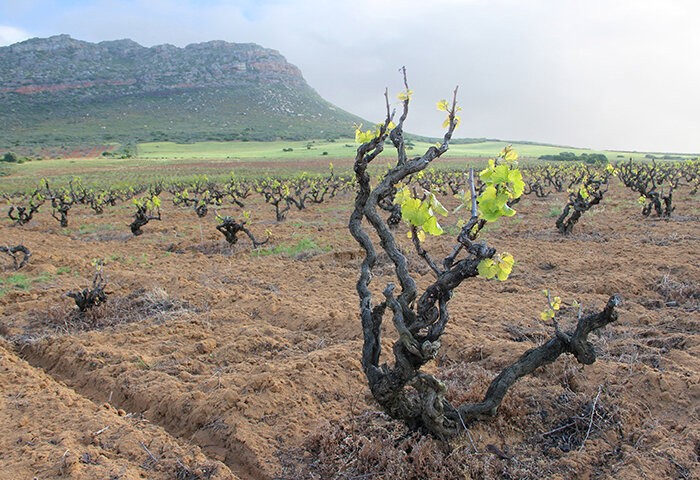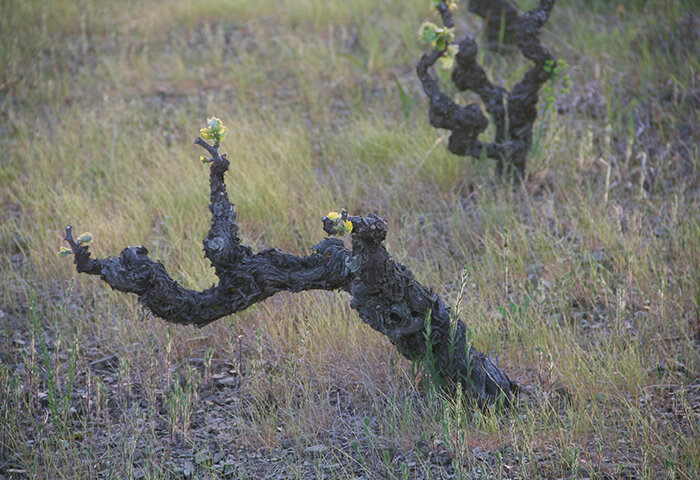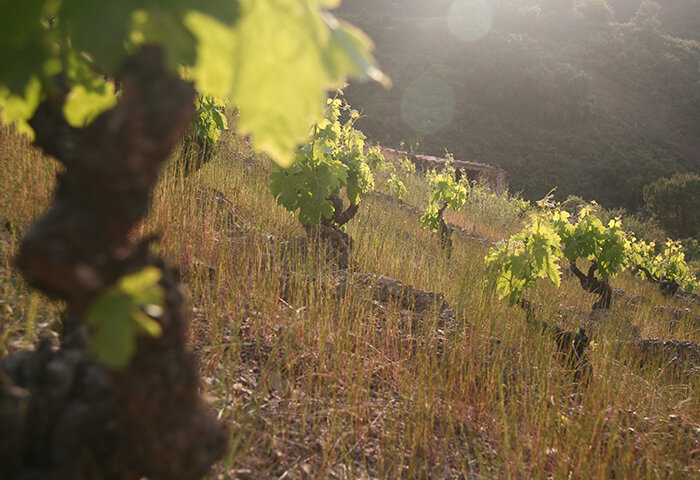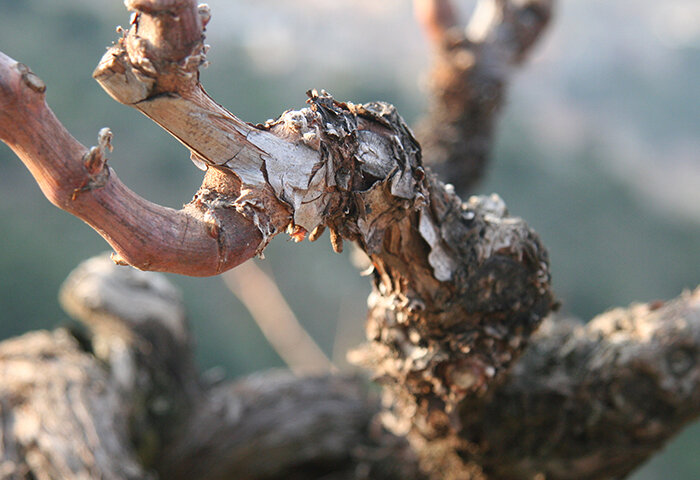I Am Old
Reflection No. 47
Radiant beams of sunlight cast their omnipotent glow across the vineyards. There is no sound but the stillness of the air and the occasional chatter of birds. The craggy old vines keep their vigil, anchored in place by their deep roots. They are the sentinels of time, a conduit between the earth and the sky. They say, “Sit with me. Let me tell you a story about life. I have witnessed triumphs and tragedies, struggled and thrived, been loved and forgotten, and still, I am here. I am a journey into the earth in search of nourishment that is mine as much as it is humanity’s. Survival is the will to drink deeply of life.”
Old vines have stories to tell, spoken in the language of the senses. They exist because someone planted them, often with little more than a wagon and a shovel. There was no technology or science to planting vines. People just followed their instincts and observations over time. Families have tended their vines, often for generations. They planted the vines before systematic irrigation was an option, and hand watering was required for a year or so to help establish roots. After that it was up to the vines to adapt to their place organically. The vines learned to send their roots deeply into the earth, sometimes as far as 20 meters (60 feet), to find sustenance and sanctuary when surface water was scarce.
But growing old would involve even more fortitude. If the vines were not getting pulled out because another crop was more profitable, they were fighting off blights like phylloxera and powdery mildew. Some old vines survived because their people loved them despite their less abundant performance. Others were forgotten and that is what kept them in the ground. The reward for their endurance is an equilibrium forged by the elements of terroir and the people that cared for them.
Rosa Kruger, the highly respected champion of old vines, started the old-vine register in South Africa with the name I Am Old (now the Old Vine Project). There was something so pure and appropriate about the words—I am old—as if defying anyone to challenge the right to stand proud, so firmly rooted with the dignity of having lived a long life. In this digital era when things move fast and relevance is fleeting, mindfulness about the value of age in nature might be the perfect tonic. Growers use large rocks to shore up tired old vines. Century-old saguaro cactus in Arizona and ancient cherry trees in Japan are given crutches to help them stay upright. This support is a gesture of empathy for surviving the challenges of time—something nature, including humans, deserves.
Perhaps the reason we tend to anthropomorphize vines is because their senescence, their biological aging, mirrors our own. Life starts with innocence, when everything is new and there is much to be learned. Experience is the terroir of our lives. It defines our personalities. When we are young, we are very fruitful. As life goes on, our efforts become more refined, authentic and concentrated. What we lack in volume we make up for in distinction. But this is where most humans go a different way. Instead of appreciating the qualities acquired with age, we attempt to deny, conceal and even eradicate them. It should be no surprise that old vines have to struggle for our respect too.
Indigenous people’s lives are more closely integrated with rhythms of nature. They understand the merits of old age. Their elders are the wisdom keepers who guide, teach and heal their people through their storytelling. Old vines are the custodians for the natural intelligence of life as well. If we listen, the knowledge they possess contains insight and potential to power innovation. The young vines of today, if allowed to grow old, will be the voices of history and plant biology for us after we are gone. The stories of life, contained in the vessels of old age, are a precious inheritance.
Today winemakers who appreciate the beauty of age are willing to pay substantially more for the precious old-vine grapes. Dignity for growers and their old vines is being restored, their efforts rewarded. The life force of the old vine produces fruit that a skillful winemaker nurtures into wine that continues to breathe and evolve. From the glass to the palate, energy commingles, cells split and transform. We drink it and our consciousness is enlivened, our senses are more aware. This is the great gestalt of wine. It beckons us to stop and explore the experience more deeply. This is when old vines reveal the story of their lives.
Twilight descends across the vineyards and the owls send haunting calls into the night. The vines continue their dialogue with the universe, sending stories of the day to the glistening stars with a wish: “Please remember me.”
The title for this story is borrowed from Rosa Kruger’s original website dedicated to the old vines of South Africa.




